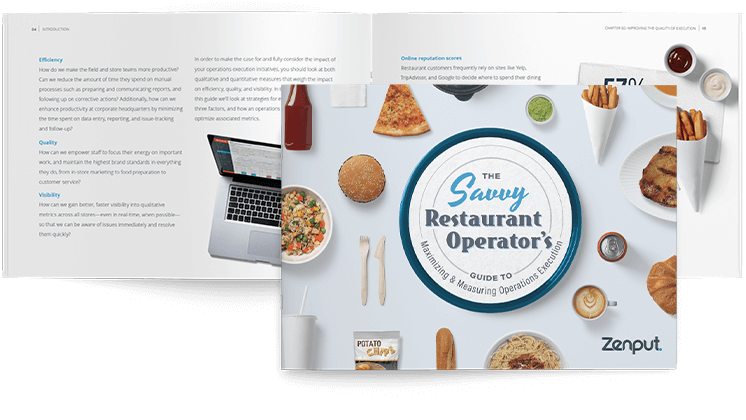It would be difficult to find a small business or startup these days that isn’t concerned with labor costs. Whether it’s a standard 40 hours/week or overtime that’s driving up costs, there are ways to mitigate the costs. We’ve compiled a list of some of the best ways to
1. Review your procedures
Circle back and check yourself. Are you doing things right? Have new technologies developed that may streamline your procedures and make your employees’ time more productive? Is there new operation software on the market that can save time and energy? Stay in tune with your partners and competitors, keep your ear to the ground, and make sure that you are up to date on the latest approaches and technologies that are informing your niche.

2. Upgrade where possible
An investment up front? Sure; but it doesn’t necessarily have to be a huge one. Implementing smart changes, where needed, will deliver a big return on investment by reducing task times and increasing productivity. Some upgrades, like implementing an online time clock, can not only help with productivity, but also transform culture to a degree by setting new standards for behavior.
3. Train people well from the beginning
If they get it right the first time, they don’t have to do it again, right? When onboarding employees, make sure that you train them - thoroughly. When implementing new technologies, make sure everyone has a grasp of them. You’ll save yourself headaches down the road, and you’ll have a more efficient workforce.

4. Tweak your layout
Layout has obvious implications in a factory, for example, where a production chain’s very livelihood depends on the floor’s layout, but even an office needs to consider this issue. Even if it’s just a matter of where a printer is, making adjustments to optimize your space and layout will improve productivity. Improved productivity will reduce labor costs- it's as simple as that.
5. Keep management cohesive and on point
Whether you’re managing a team on your own or you have a battalion of managers, make sure that you’re all on the same page about how you communicate about and encourage workflow and productivity. Nothing can drive direct labor costs up faster than irregular and erratic management.

6. Outsource where you can
There is a whole world of resources out there for your business. Sometimes a part-time freelancer can be a fast, low-cost choice that keeps everything at your business on track. Don’t get stuck on the idea that you have to throw your full-time employees into overtime to get a job done.
7. Cross-train
Your employees are smart— let them show you how smart. There really isn’t room in business these days for maintaining narrow employee categories. See what your people can do, and get everyone working across the company instead of in a box, exchanging ideas and pulling their weight wherever they can.
8. Try 4-day workweeks
Four-day workweeks may be a hard idea for a lot of us to get used to, but it’s an idea that’s catching on more and more. You would be surprised at how many of your employees would sacrifice a bit of pay to have a bit more time for themselves and with their friends and family. Ask around and see who would be interested in taking on a 4-day-a-week, 10-hour-a-day schedule— you may find that you have a pretty sizable way to reduce direct labor costs with this one.
If you want to find more ways to make your operations more profitable, check out Zenput’s Savvy Operators Guide.

Subscribe to our blog
You are now subscribed!


